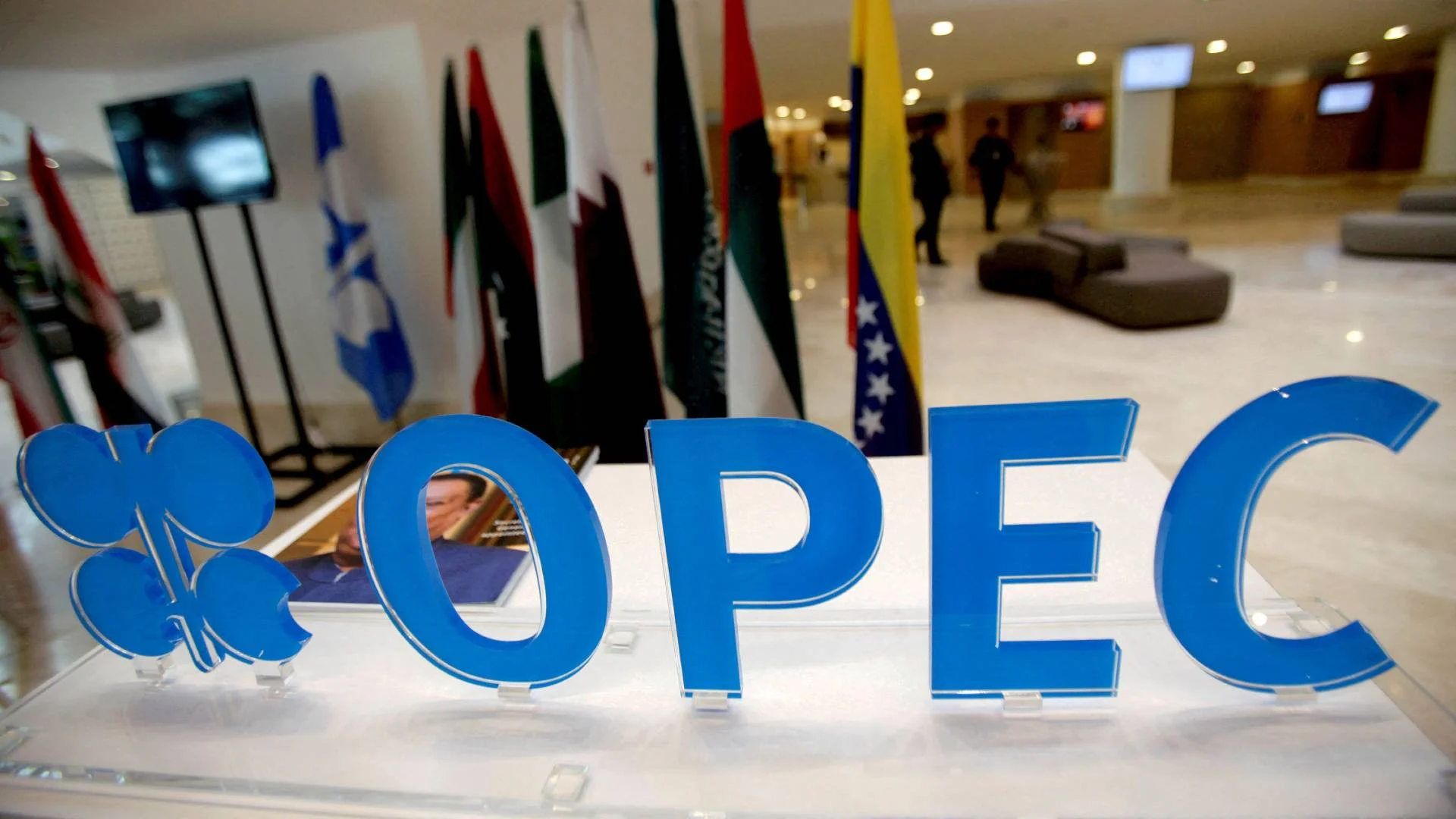BUSINESS

STOP EXPORTING RAW CRUDE, BUILD VALUE AT HOME, OPEC GOVERNOR ADVISES NIGERIA
The Chairman of the OPEC Board of Governors for 2025, Adeyemi-Bero, has advised Nigerian oil producers to shift away from exporting crude oil and instead prioritise refining and value addition within the country.
Speaking at a pre-conference workshop of the Nigerian Association of Petroleum Explorationists (NAPE) in Lagos on Wednesday, Adeyemi-Bero — who also leads First Exploration & Petroleum Development Company — said Nigeria must break from its decades-long dependence on crude exports to strengthen its local economy.
According to him, the global oil market has always favoured countries that import raw crude for industrial expansion, stressing that Nigeria must rethink its approach.
“We have spent 40 to 50 years producing oil, putting it in tanks, and shipping it abroad. People blame the international companies, but they are only securing feedstock for their industries. If you give them your oil, they’ll always take it,” he said.
Adeyemi-Bero argued that Nigeria must be committed to using its own energy resources to stimulate industrialisation rather than relying heavily on foreign demand.
He noted that the decision to remove fuel subsidy might not have been sustained without the commencement of operations at the Dangote Refinery.
“The refinery’s impact on foreign exchange and GDP is evident. If such a facility had existed decades ago, our economic outcome would have been different. Without locally produced petroleum products, the subsidy removal policy could have been reversed,” he added.
He emphasised that Nigeria must intentionally scale down oil exports and grow domestic refining capacity, pointing to the economic benefits enjoyed by countries like Saudi Arabia, Qatar, the UAE, Malaysia, and Brazil, which retain value by expanding their energy value chains.
Adeyemi-Bero further stated that strengthening naira-denominated oil transactions could boost the national currency.
“If it works for both parties, there’s no harm in selling some oil in naira. The currency’s strength is tied to its role in trade. When global buyers can pay in naira, its value will rise,” he explained.
He warned that Nigeria risks economic setbacks if it fails to adopt value-driven policies in the coming years.
“We must reduce our reliance on exports. If we do not shift from an export-led structure to a value-driven one within the next decade, we would have failed,” he said.
He also urged Nigerian operators to take charge of the sector’s future.
“The international companies have played their role. Now, the responsibility has shifted to us. It’s time for Nigerians to take full ownership,” he stated.
Adeyemi-Bero highlighted that the oil and gas sector remains critical to achieving the country’s ambition of becoming a $1 trillion economy.
“With reliable electricity and fuel, the economy can grow. The oil and gas industry is central to powering the nation toward its goals,” he said.
He encouraged stakeholders to maximise the nation’s energy potential just as other resource-rich countries have done.
Earlier, NAPE President Johnbosco Uche described the workshop as a vital preparatory session for stakeholders to address key industry challenges. He said the theme of this year’s conference — ‘Revitalising the Nigerian Petroleum Exploration and Production Strategies for Energy Security and Sustainable Development’ — underscores the urgency of improving sector performance.
Uche stressed the need to boost crude oil output to meet national targets while also ensuring long-term sustainability.
“In the immediate future, we must raise production levels toward the three million barrels per day goal and ensure it is consistently maintained,” he said.
"This represents a significant development in our ongoing coverage of current events."— Editorial Board









